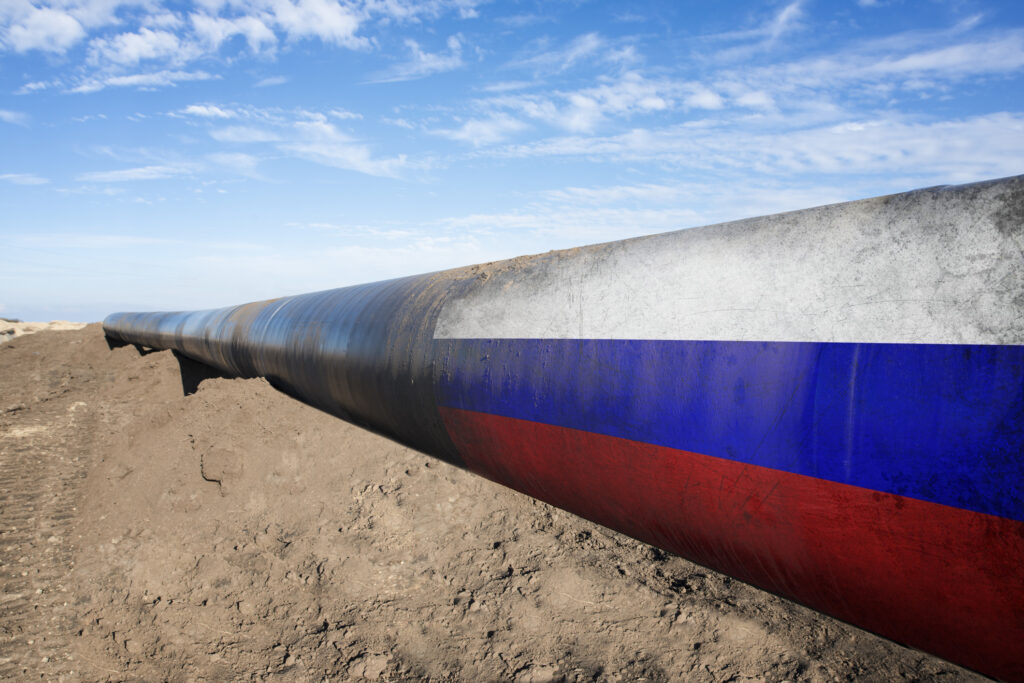(Oil Price)– As exclusively revealed to OilPrice.com some years ago by a very high-ranking official from the Kremlin: “By keeping the West out of energy deals in Iraq, the end of Western hegemony in the Middle East will become the decisive chapter in the West’s final demise.” Consequently, the push has been on from Russia and China – especially since the U.S.’s unilateral withdrawal from the ‘nuclear deal’ with Iran in 2018 – to remove all Western firms from southern Iraq and from the semi-autonomous Kurdistan territory in its north as well.

On the other side of the superpower equation, the U.S. and its key allies believe breaking the multi-layered links between Iraq and Iran will not only significantly weaken Baghdad’s neighbour but its key sponsors, China and Russia, too. The U.S. and Israel also have a further strategic interest in utilising the Iraqi Kurdistan region as a base for ongoing monitoring operations against Iran. The West additionally sees this northern territory as a critical security bridge from NATO member Turkey into the Middle East and beyond. It is in the context of this massive geopolitical power balance that news of Russian oil giant Rosneft’s downscaling of its operations in Iraqi Kurdistan should be seen.
The crucial point about Rosneft’s operations in Iraqi Kurdistan was that it meant Russia effectively controlled the vital oil infrastructure in the semi-autonomous region, and as such also exerted enormous influence over the oil flows of the Federal Government of Iraq (FGI) in southern Iraq too. For a long time, the only pipeline able to export oil out of Iraq to the West was the Iraq Turkey Pipeline (ITP) controlled by the government of the semi-autonomous region of Iraqi Kurdistan. But behind that lay the fact that Rosneft had secured its influence in the region shortly after the extraordinary ‘Iraqi Kurdistan Independence Referendum’ in September 2017, as fully analysed in my latest book on the new global oil market order, through three far-reaching deals with the government of the Iraqi Kurdistan region (the KRG). First, Russia provided the KRG with USD1.5 billion in financing through forward oil sales payable in the next three to five years.
Second, it took an 80% working interest in five potentially major oil blocks in the region. And third, it established 60% ownership of the vital ITP pipeline by dint of a commitment to invest USD1.8 billion to increase its capacity to one million barrels per day. This was the original Kirkuk to Ceyhan Pipeline, consisting of two pipes, which had a nameplate capacity of 1.6 million barrels per day (bpd) combined. The FGI-controlled pipeline’s export capacity reached between 250,000 and 400,000 bpd when running normally, although it was subject to regular sabotage by militants of various types. The KRG, in response to the regular attacks on the FGI pipeline, completed its own single-track Taq field-Khurmala-Kirkuk/Ceyhan pipeline in the border town of Fishkhabur. This was part of its drive to raise oil exports above 1 million bpd, which was later backed in the Rosneft deal.

